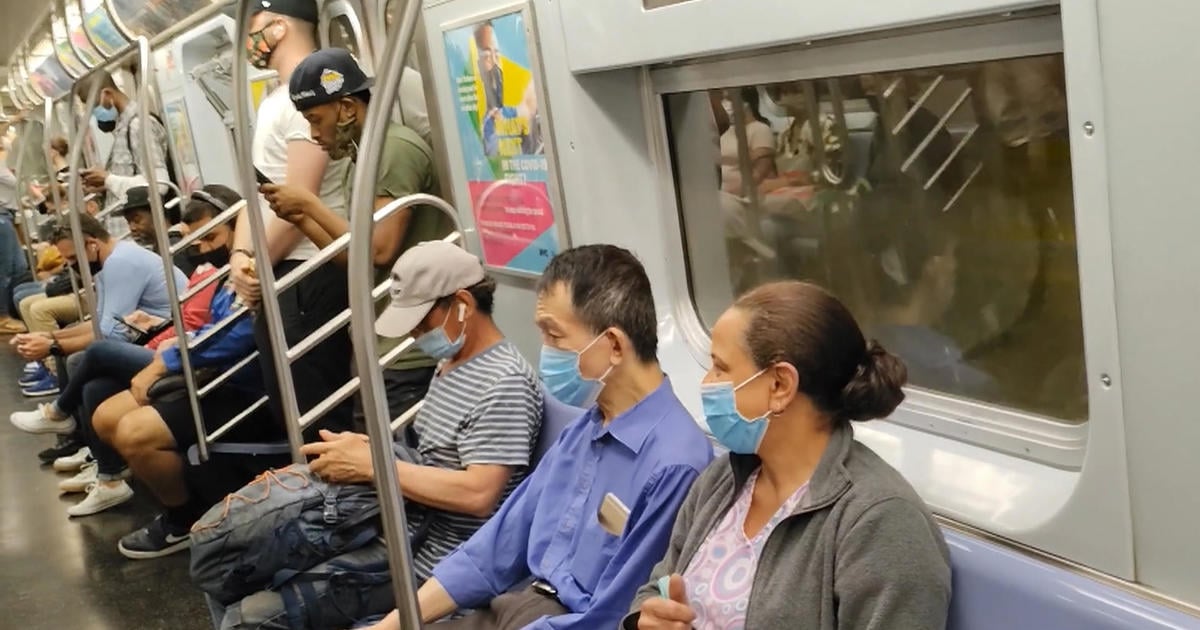In an interview for 60 Minutes, CBS News chief medical correspondent Dr. Jon LaPook posed that question to Linsey Marr, a Virginia Tech University professor specializing in aerosol science.
“They are very helpful in reducing the chances that the person will get COVID because it’s reducing the amount of virus that you would inhale from the air around you,” Marr said about masks.
No mask is 100% effective. An N95, for example, is named as such because it is at least 95 percent efficient at blocking airborne particles when used properly. But even if a mask has an 80% efficiency, Marr said, it still offers meaningful protection.
“That greatly reduces the chance that I’m going to become infected,” Marr said.
Marr said research shows that high-quality masks can block particles that are the same size as those carrying the coronavirus. Masks work, Marr explained, as a filter, not as a sieve. Virus particles must weave around the layers of fibers, and as they do so, they may crash into those fibers and become trapped.
Marr likened it to running through a forest of trees. Walk slowly, and the surrounding is easy to navigate. But being forced through a forest at a high speed increases the likelihood of running into a tree.
“Masks, even cloth masks, do something,” she said.
Not that I expect most people to believe it at this point…



I’m Asian. So I could wear a mask and not get the stink eye even before covid.
Things that should become obviously acceptable often doesn’t seem to do so due to some sort of cultural acceptance.
Like in regions most susceptible to malaria, they hate mosquito nets. Yet if I lived there, I’d mosquito net everything even without malaria!